Guinea-Bissau’s President Umaro Sissoco Embalo has declared his intention to seek a second term in the upcoming November elections, a decision that has intensified the nation’s political turmoil. Embalo’s announcement follows a series of contentious actions, including the dissolution of the opposition-controlled parliament in late 2023 and the postponement of elections initially scheduled for November 2024. The new election date, set for November 30, has been met with criticism from opposition leaders who argue that it violates constitutional mandates.
The opposition contends that Embalo’s first term concluded in February 2025, while the Supreme Court has ruled it extends until September 4, 2025. This discrepancy has led to heightened tensions, with opposition figures demanding immediate elections and the reinstatement of the dissolved parliament. Domingos Simoes Pereira, leader of the African Party for the Independence of Guinea and Cape Verde (PAIGC), has been particularly vocal, calling for new elections within 90 days and emphasizing the need to reconvene the parliament to appoint members of the National Election Commission and elect the president of the Constitutional Court.
In an effort to mediate the escalating crisis, the Economic Community of West African States (ECOWAS) deployed a delegation to Guinea-Bissau. However, the mission was abruptly terminated after President Embalo reportedly threatened to expel the team. This development has raised concerns about the effectiveness of regional interventions in resolving the political impasse.
The political instability has also manifested in public demonstrations. In Lisbon, members of the Bissau-Guinean expatriate community have organized protests, chanting “Sissoco, out! Sissoco, out! Long live democracy!” These actions reflect the widespread dissatisfaction with the current administration and the perceived erosion of democratic principles in Guinea-Bissau.
Internationally, President Embalo has sought to strengthen ties with Russia, meeting with President Vladimir Putin to discuss potential economic and security cooperation. This move signifies a shift in Guinea-Bissau’s foreign policy orientation, as Russia increasingly becomes a security partner for African nations, challenging traditional alliances with Western countries.
Domestically, the political climate remains tense. Embalo’s refusal to step down despite the expiration of his term has led to fears of authoritarianism. Critics argue that his actions undermine the rule of law and democratic institutions, with some likening the current situation to the single-party system that existed in Guinea-Bissau prior to 1994.
As the November elections approach, the political landscape in Guinea-Bissau continues to evolve. The interplay between domestic political dynamics and international influences will likely shape the nation’s future trajectory, with the potential for significant implications for its democratic institutions and regional stability.

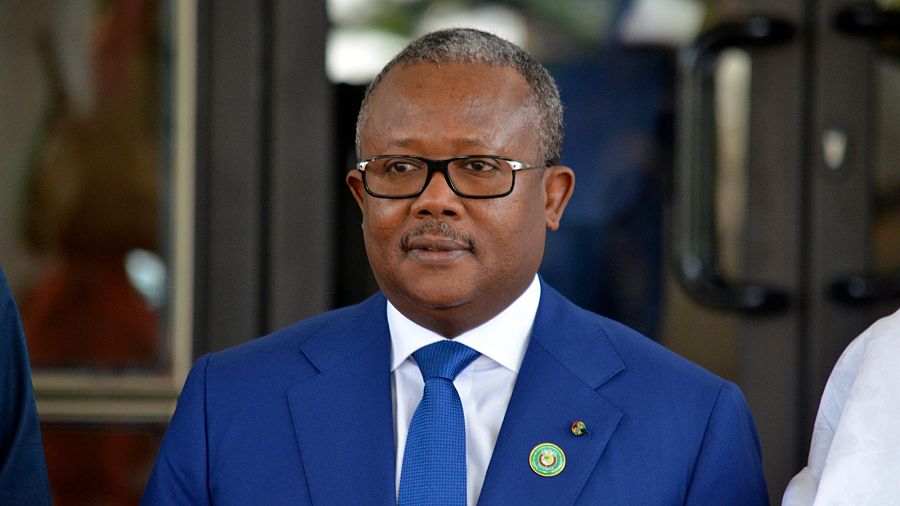

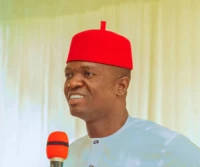
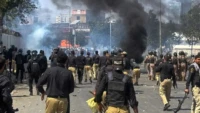
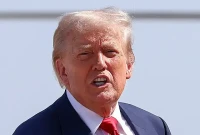

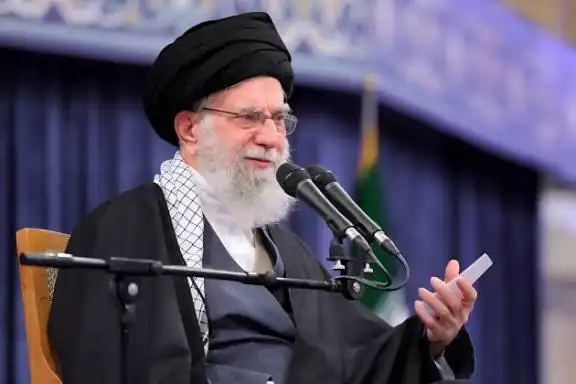
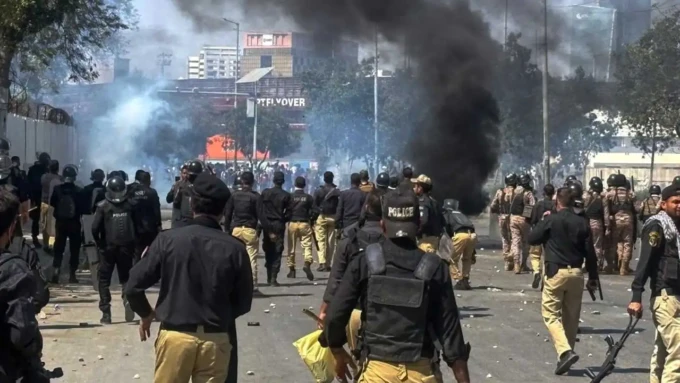

I wonder if President Sissoco Embalo can really handle the political tensions and opposition protests for a second term. What do you guys think?
Do you think President Sissoco Embalo deserves a second term? Or is it time for a change in Guinea-Bissau? Lets discuss!
Wow, can you believe President Sissoco is running for a second term during all this chaos? Do you think he has a chance?
I dont get why President Embalo is running again, especially with all the tensions and protests. Seems like a recipe for disaster!
Do you think President Sissoco Embalo deserves a second term? Or should there be new leadership in Guinea-Bissau? Lets discuss! 🤔
I think President Sissoco should address the concerns of the opposition instead of running for a second term amidst tensions.